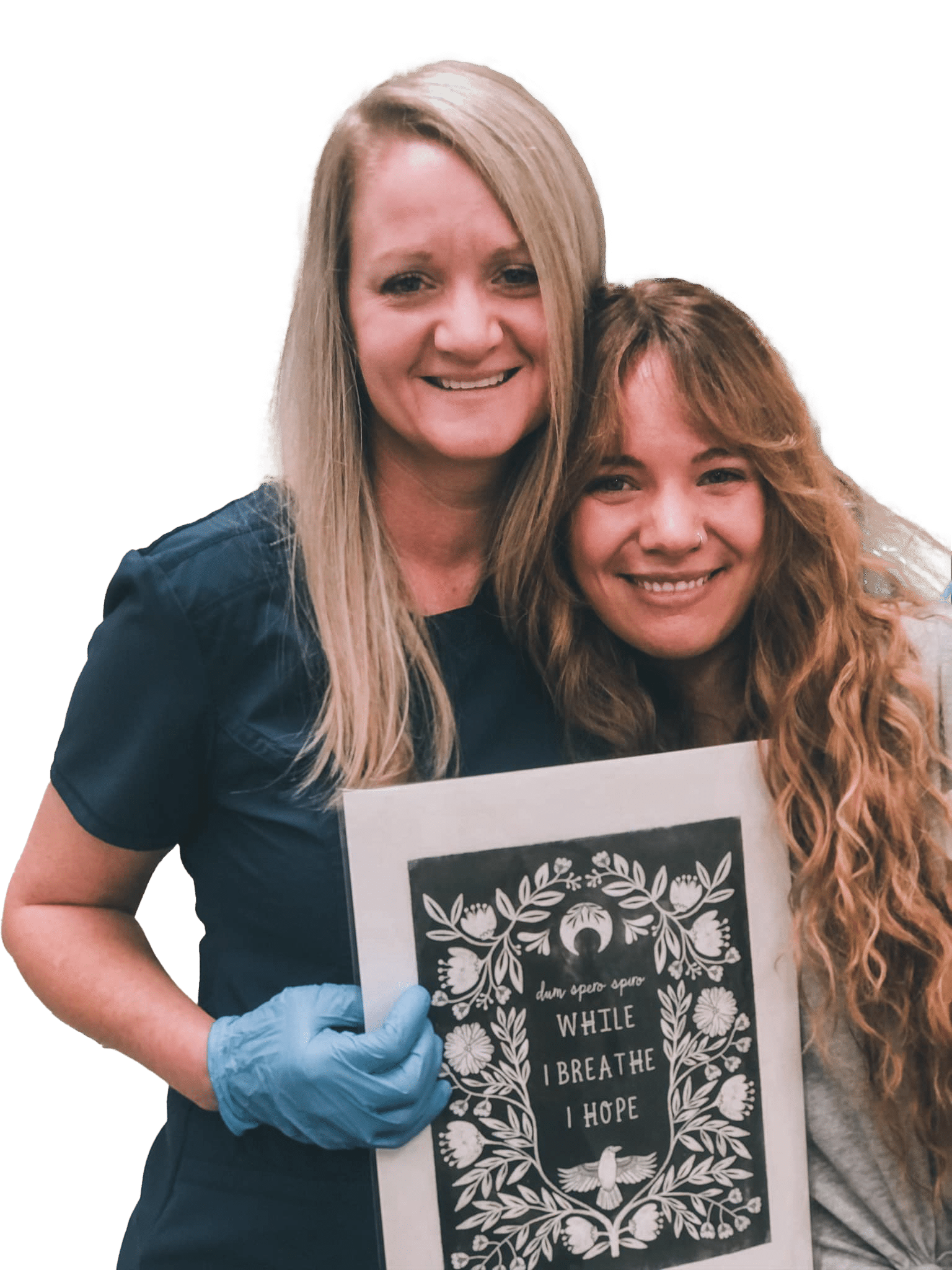Alcohol suppresses the nervous system. It also prevents blood vessels from tightening and blunts the muscle response. On top of that, it acts as a strong diuretic, further dropping blood volume and dehydrating both body and brain. In short, nothing good can come from alcohol intake. There is nothing worse than getting a patient’s condition into remission, only to lose that traction due to substance abuse shortly after. Think of it this way: There is so much about your condition that you cannot control, but alcohol and drug use is something you can control.
As a rule, you will feel better if you eat less gluten. We have tested a very large sample of patients. Those who have largely gone gluten-free some time ago always have better numbers in things we can measure—for example, symptom scores, blood work, lung capacity, and mental wellness scores.
To be clear: We’re not anti-gluten. Gluten is not the enemy. However, POTS and EDS are connective tissue diseases as much as they are neurological conditions. When combined with slow gastric emptying, gluten causes gut inflammation and a leaky gut. These foods are not the problem—your fragile digestive system is. After sensitization (when your body starts making antibodies to a certain food), this food will trigger an inflammatory cascade both inside and outside of the gut. Continuing to eat sensitized food will lead to even further food sensitivities and inflammation. In effect, it starts a snowball cascade of events. After a period of food removal and gut healing (six months at least), we do try to reintroduce these foods again to see if they can now be tolerated.
Our treatment is focused on supporting the central nervous system and optimizing the body’s ability to heal from within. This inside-out healing approach results in a healthy body where these genetic variants are kept inside the box, unexpressed.
If you or a loved one is in chronic neurologic pain, call us for free at (479) 304-8202 or start your patient journey by filling out the form on the Get Started page to get more information about the Spero Clinic’s neurologic rehabilitation program.

Start your patient journey with the Spero Clinic's neurologic rehabilitation program.
